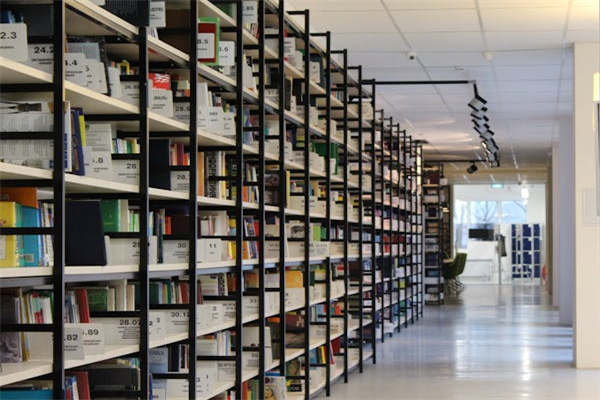探索“More Than”的奥秘:超越日常表达的深度解析
.png)
在英语表达中,“more than”不仅仅是一个简单的比较级词汇,它蕴含着丰富的语义和用法。以下是一些关于“more than”常见问题的解答,帮助您深入理解这一表达方式的多样性和深度。
什么是“more than”的基本用法?
“More than”通常用来表示“不仅仅”、“超过”或“多于”的意思。它可以在句子中充当形容词、副词或介词。例如:
- 形容词用法:She is more than a friend to me; she is like a sister.(她对我来说不仅仅是朋友,她就像我的姐妹。)
- 副词用法:He worked more than 12 hours a day.(他一天工作超过12小时。)
- 介词用法:He has more than enough money to buy a house.(他买房子有足够的钱。)
“More than”和“more”有什么区别?
虽然“more than”和“more”都表示“更多”的意思,但它们在用法上有所不同。通常,“more”用于简单的数量或程度比较,而“more than”则用于强调超越某个界限或不仅仅是某个程度。例如:
- “More”用法:She has more books than I do.(她比我拥有更多的书。)
- “More than”用法:He is more than just a teacher; he is a mentor.(他不仅仅是一位老师,他还是一位导师。)
“More than”可以用于否定句吗?
是的,“more than”也可以用于否定句中,表示“不仅仅不”或“远远不是”的意思。例如:
- She is not more than a child; she is still a baby.(她不仅仅是个孩子,她还是个婴儿。)
- This is not more than a hobby; it is my passion.(这不仅仅是个爱好,这是我的激情。)
“More than”在比较级中的使用有何特点?
在比较级中,“more than”通常用于强调两个事物之间的差异。它后面可以跟一个名词或形容词的比较级。例如:
- This book is more interesting than the last one.(这本书比上一本更有趣。)
- She is more careful than her sister.(她比她的妹妹更小心。)



.png)
.png)